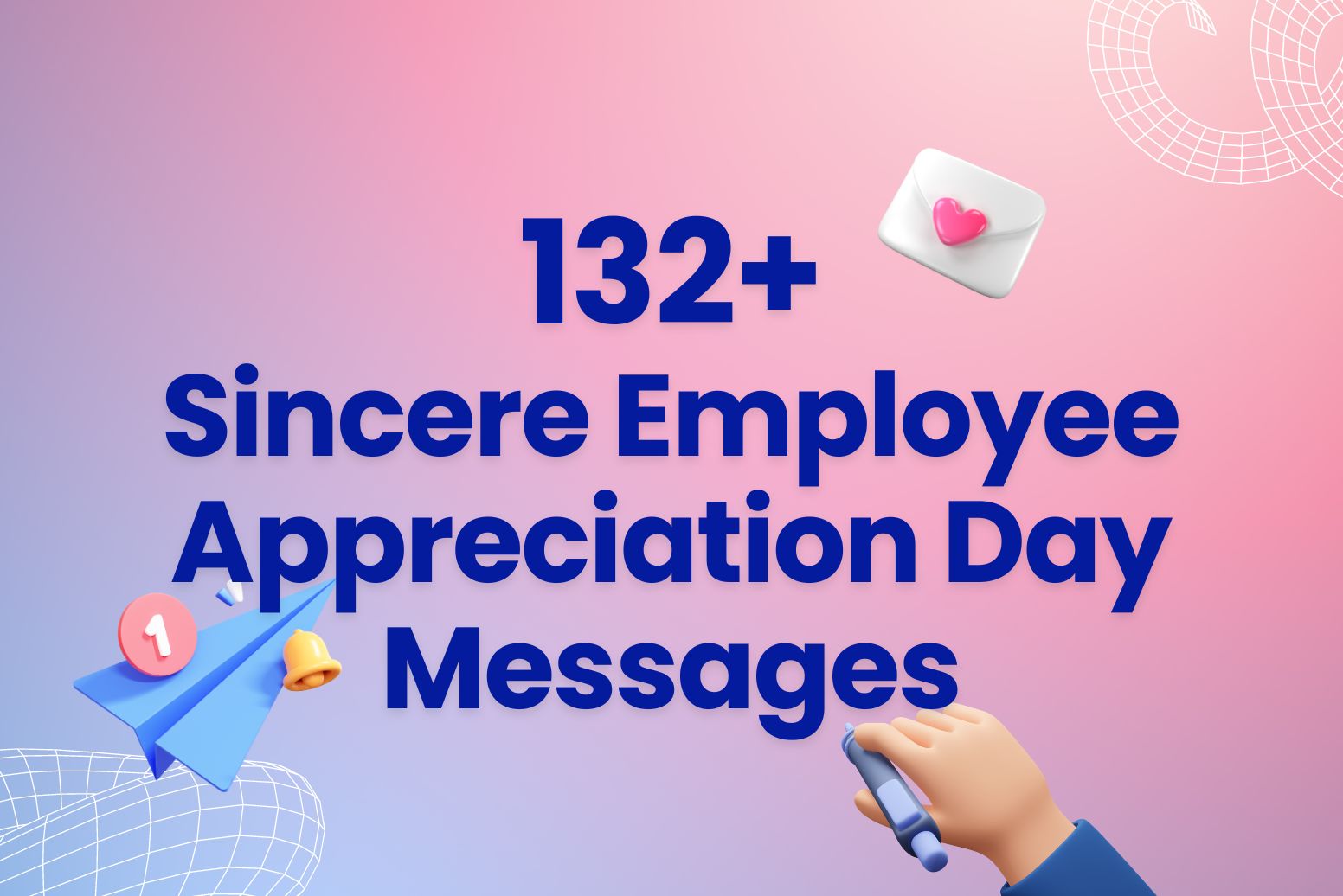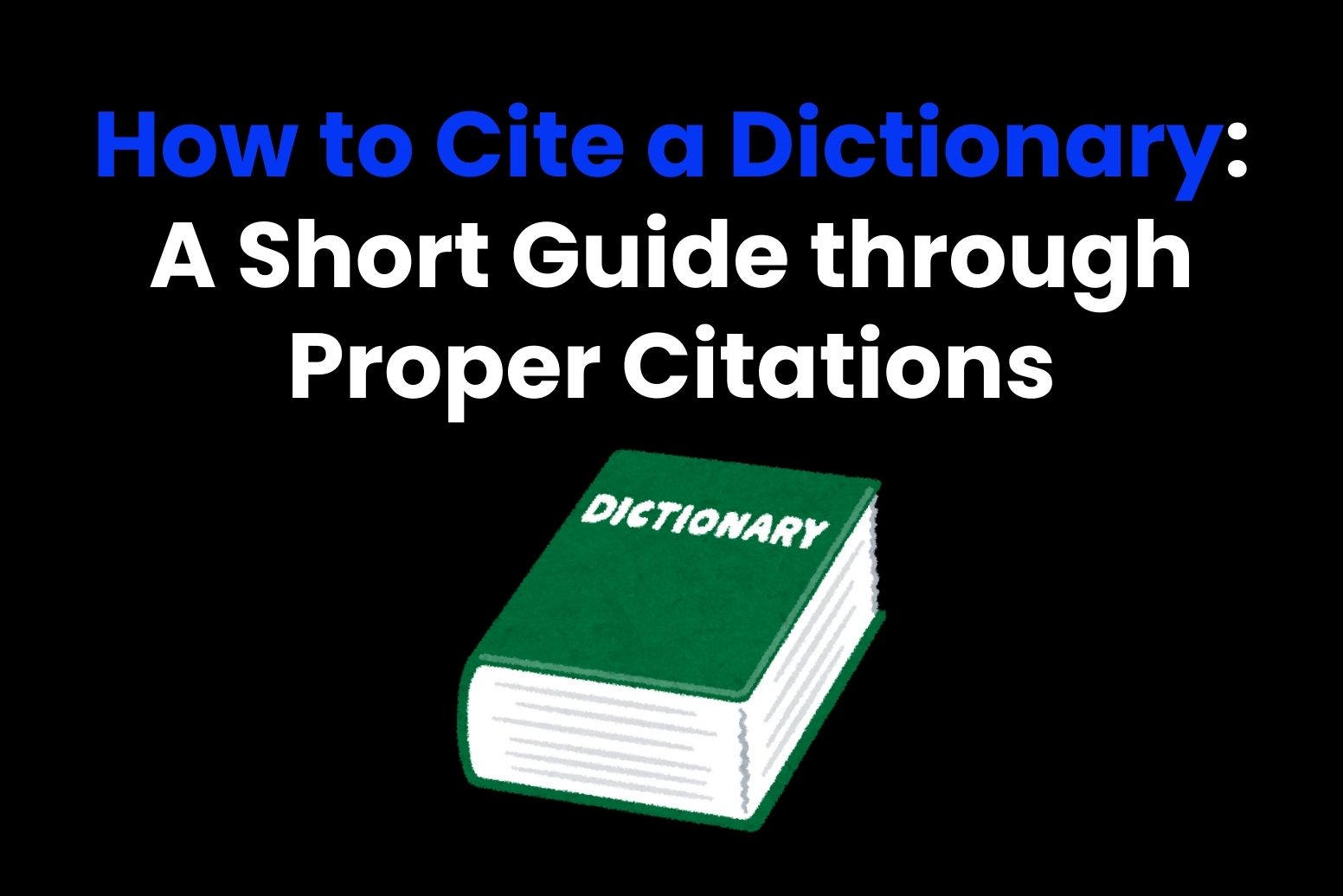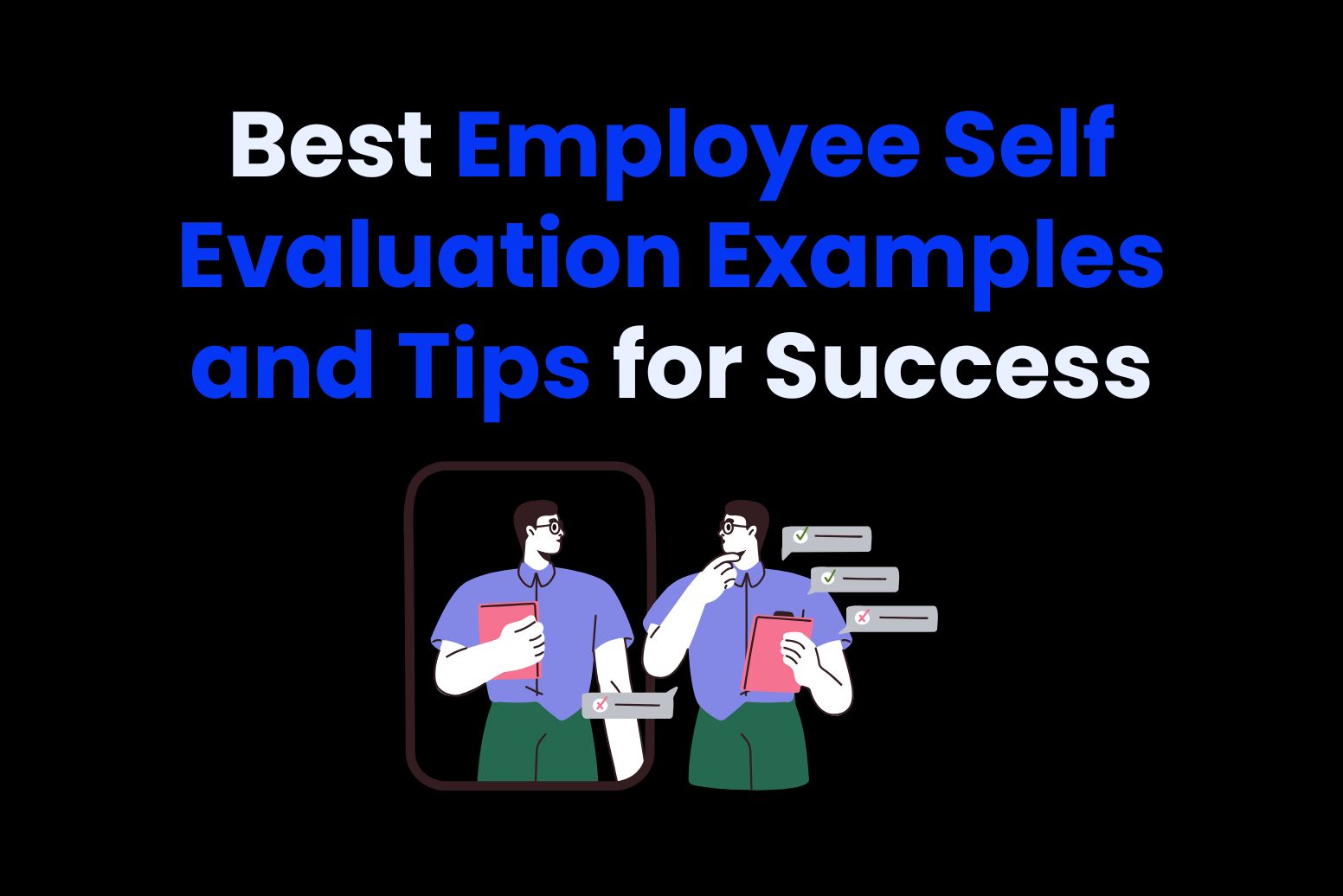Using a reference letter sample takes much of the hassle away from providing a professional, character, or academic reference.
Our samples have all the details you need to include to ensure you cover all bases. Our tips will also keep the reference professional and relevant.
We also provide tips for things to include and what you should never put in a reference. Finally, we also reveal how some of Arvin AI’s tools can help you to write the perfect reference letter with minimal fuss.

What is a reference letter?
A reference letter verifies the skills, experiences, or character of a person who has applied for a job or study program.
Most reference requests are professional, but some organizations request character references. Family members or friends usually complete these.
Academic references may also be required when a person applies to study at a university or college.
Reference letters are required because they give the employer or academic organization helpful information about the candidate. The reference can be used to back up some of the things the candidate said in the interview.
Moreover, it can indicate a person’s suitability for the role and whether they can be trusted to carry out the required work.
The different types of reference letter sample
As mentioned, there are three main types of reference letters that you might be required to write:
Professional reference
The most common type of reference letter is the professional reference. This is when someone contacts you to request information about a person’s ability to do a job.
When applying for a job, you will likely have to supply references. Usually, you will have to give two or more references. The employer can then contact the references to request details about the employee before offering a contract.
You must have worked with the person before to serve as a professional reference. Therefore, professional references are usually former employees, not friends or family members.
Character reference
Another type of letter that you may need to use a reference letter sample to write is the character reference. Here, the person requesting the letter wants to learn more about a specific person’s character or personality rather than their professional experiences or qualifications.
Given that you don’t need to have worked with a person before to provide a character reference, it can be issued by a friend or family member. At the start of the reference, you must explain how you know the person and detail your historical relationship.
Academic reference
Though not always required, administrators at universities and colleges may seek an academic reference letter. This is specifically true for competitive courses at the top institutions.
Also, if a person applies for higher study like a Masters degree or PhD program, an academic reference might be required.
While character references deal with someone’s personality, an academic reference is specifically related to their academic achievements. Therefore, most people who fill them out are lecturers and teachers.
Reference letter samples – how to structure your letter
Relying on a reference letter sample is an ideal way to craft the perfect document. You can adapt and personalize each section of the reference letter sample to make it relevant to your use case.
Before we reveal specific examples that you can use, we want to start with the ideal structure for you to follow, which will help you create a simple yet accurate reference letter when required:
Initial greeting
First, decide how to begin the letter. If you know the name of the person requesting the reference, keep it formal with “Dr. “Mr/Mrs [Name].”
However, if someone has requested a carte blanche reference that they can attach to numerous applications, go with “To whom it may concern.”
First section: Establishing your authority
The first section of a good reference letter sample should establish your authority. In other words, why are you suitable to provide a reference?
This is a case of explaining who you are, what job you do, and how you know the person in question. You can get into the details in the next paragraph.
Second section: The reference itself
After introducing yourself, you need to provide the reference. Note that references should always be positive. If you have nothing positive to say about the person in question, decline the reference request.
You should not send a negative reference to a company or academic institution. This is because providing a negative reference can expose you to liability, particularly if you can’t back up the claims you have made.
Conclusion: Provide your contact details
The final section of a reference letter sample should contain your contact details. You should inform the person reading the reference of information that will help them contact you in the future should they require further information.
There’s no need to go over the top in this section – a simple sentence or two to provide closure will be sufficient. You can then close the letter with “yours sincerely” if you know the person or “yours faithfully” if you don’t. Learn more about the perfect letter sign-offs here.
If you need help structuring the perfect reference letter, use our Email Writer Tool. Use simple prompts like “create a response to a reference request” to kickstart the process and customize the letter to suit your requirements.
Three reference letter samples you can use in real-life

Okay, so now that we’ve covered the basics, we want to provide real-life examples that you can use. As mentioned in our introduction, there are three main types of references: character, professional, and academic.
Therefore, using our proposed structure above, we have provided three specific examples that you can personalize to provide your real-life reference. Please note that we’ve used fictitious names and companies in the examples below:
Reference letter sample one: Character
Dear Mr Simpson,
I am David Holster, and I have known Andrew Jacobs for fifteen years. We are members of the same Rotary Club in Houston, TX, and we have socialized weekly for more than a decade.
I know Andrew Jacobs to be friendly, courteous, and highly motivated. He is hard-working, diligent, curious, and interested in community projects. I have no hesitation in providing this character reference as I know him to be a trusted and upstanding member of our local community.
I hope this is sufficient information to serve as a reference for Mr Jacobs. Should you require further clarification, please contact me via email [enter email address] or phone [enter phone number].
Yours sincerely,
David Holster.
Reference letter sample two: Professional
Dear Mrs Ackers,
My name is Allan Rodgers. I am a Senior Marketing Executive at BMT Systems in Chicago, Illinois, a position I have held for eight years. During his employment at BMT, I was the line manager of Mr Richard Sobers, the subject of this reference request, who worked for BMT as a Content Strategist for three years and eight months.
I am happy to provide a reference for Mr. Sobers. During his employment at BMT, he was timely, hard-working, and engaging. He achieved many of his goals and was an important and valued member of the team. Given his professionalism, attention to detail, and competence as a Content Strategist, I am sure he will be an excellent addition to any marketing team in the future.
I’m happy to clarify anything in this reference. Please also contact me if you would like any further details to support Mr. Sobers’ application to work for your company.
Yours sincerely,
Allan Rodgers.
[Phone number]
[Email address]
Reference letter sample three: Academic
To Whom It May Concern,
My name is Dr. Perry Lloyd. I am a Senior Lecturer in International Development at the University of Birmingham in the United Kingdom.
I am writing this letter to support the application of my former graduate student, Mrs Mary Chindoze, for a PhD in International Relations. She received a Master’s degree with distinction during her time at the University of Birmingham. As a graduate student, she displayed academic curiosity, analytical competence, and a thirst for independent research. She will make an excellent PhD candidate.
Please feel free to contact me for further information about Mrs Mary Chindoze’s academic achievements at the University of Birmingham. You can send me an email ([enter email address]) or contact me by phone ([enter phone number]).
Yours faithfully,
Dr. Perry Lloyd.
Tips: What should be included in a reference letter?
As you can see from our reference letter samples, it’s best to keep things short and sweet. You don’t need to provide too much information. The letter’s objective is to provide your credentials and assert that you know the person in question. You should then give your opinion about the person’s competence for the role.
With that in mind, here are some general tips you should bear in mind before writing a reference letter:
How you know the person
Don’t assume that the recipient of the reference knows how you know the person you’re referring to. So, in your letter, always begin with a simple explanation of your relationship. It’s best to keep things formal and professional, particularly in professional and academic reference letters.
In character reference letters, you can briefly explain your personal relationship with the person. But you should keep things appropriate and don’t need to disclose intimate details of your life, if relevant!
Why you’re qualified to give a reference
Next, you should explain why you’re qualified to give this person a reference. It might be clear from your job title. For instance, if you were someone’s boss for three years, it’s clear that you’re the ideal person to give them a professional reference.
But if it’s a character reference, you should be explicit. You should explain how you know the person, how long you’ve known them, and why you can offer a reference. This will help the person receiving the letter judge the reference they receive.
Your honest opinion
Perhaps the most crucial thing to remember about writing a reference letter is that you must provide your honest opinion. Only ever include truthful details in your letter and avoid speculation.
You must be able to back up any claims you make in a letter; unfounded criticism could lead to legal issues. Therefore, as mentioned earlier, it’s best to decline the reference request if you’ve got nothing nice to say about a previous employee.
How you can be contacted
Sometimes, the company contacting you for a reference may want to contact you for clarification at a later date. Or, you might have missed something that they would like you to include in the reference.
Therefore, it’s helpful if you provide your contact information before closing the letter. You should provide your email address and phone number so someone at the company can contact you.
After finalizing your reference letter, use our Writing Improver Tool to polish it for the best results. This tool is handy if you’re not confident with your letter-writing skills and can take some of the pressure off. You can also use our AI Grammar Checker to pick up on any mistakes or typos in your letter before sending it off.
What you mustn’t include in a reference letter
When following a reference letter sample, it’s just as important to consider what not to include in the letter. Here are some things you should avoid if you have been asked to serve as a reference for a former employee or student:
Negative opinions
We’ve touched on this already, but it’s best not to include negative opinions or comments in a reference letter. As you can see from our three reference letter samples, they all carry a positive and complimentary tone.
If you don’t view a former employee positively, the best course of action is to respectfully turn down the reference request. You’re not obliged to provide a reference, so don’t think you have to just because the request has arrived in your inbox.
Statements that aren’t true
Any reference letter must be 100% truthful. You should never provide false information in a letter to a person’s new employer, university, or college. Not only is this unethical, but it could harm their future chances if you provide false information at the recruitment stage.
If you’re unsure about specific information, leave it out of the reference letter. You should only provide details that you know to be 100% true. For instance, if you used to work with someone but aren’t sure of their sales figures, don’t write about them. Instead, provide testimony about their character or personality that you know to be true.
Personal information
Reference letters should be professional, not personal. You don’t need to divulge details about the subject’s life. This is even true of character reference letters.
State how you know the person, reveal why you’re qualified to provide a reference and reveal relevant information about the role. Don’t delve into the subject’s history, as it won’t benefit their application.
Conclusion: Use our reference letter samples to craft the perfect reference
You can use any of our reference letter samples to guide you as you respond to a request for a reference. Consider whether it’s an academic, professional, or character reference.
Then, use our reference letter samples to create the ideal structure before customizing the details within the letter to suit the reference that you’re providing.
In addition to the tools introduced above, learn more about how Arvin AI can help you create written content personally and professionally.
Reference letter sample FAQ
What is a good example of a reference letter?
An excellent reference letter should be concise and to the point. You don’t need to provide too much information; rather, be succinct and provide a truthful, objective reference about the employee. The reference should be positive and truthful. If you have nothing nice to say about the person, it’s best to turn down the reference request.
What is a reference letter?
Sometimes known as a recommendation letter or simply a reference, a reference letter is often requested by employers or academic institutions. It’s used to verify information a person has made about their employment or academic history. Therefore, the reference letter should provide information about the person’s past experiences and skills from an authoritative source.
Can you write a bad reference letter?
We advise you not to write a bad reference letter. If you claim in a reference letter that you can’t back up, your former employee might sue you. Therefore, the best course of action to avoid future litigation is to decline the reference request if you have nothing good to say. The job seeker will then have to find another person to provide a suitable reference.






